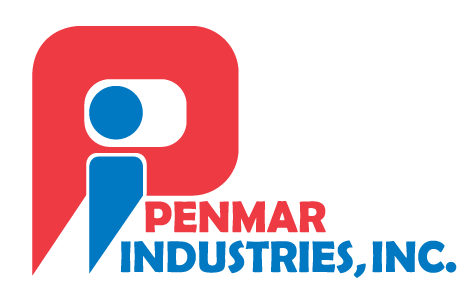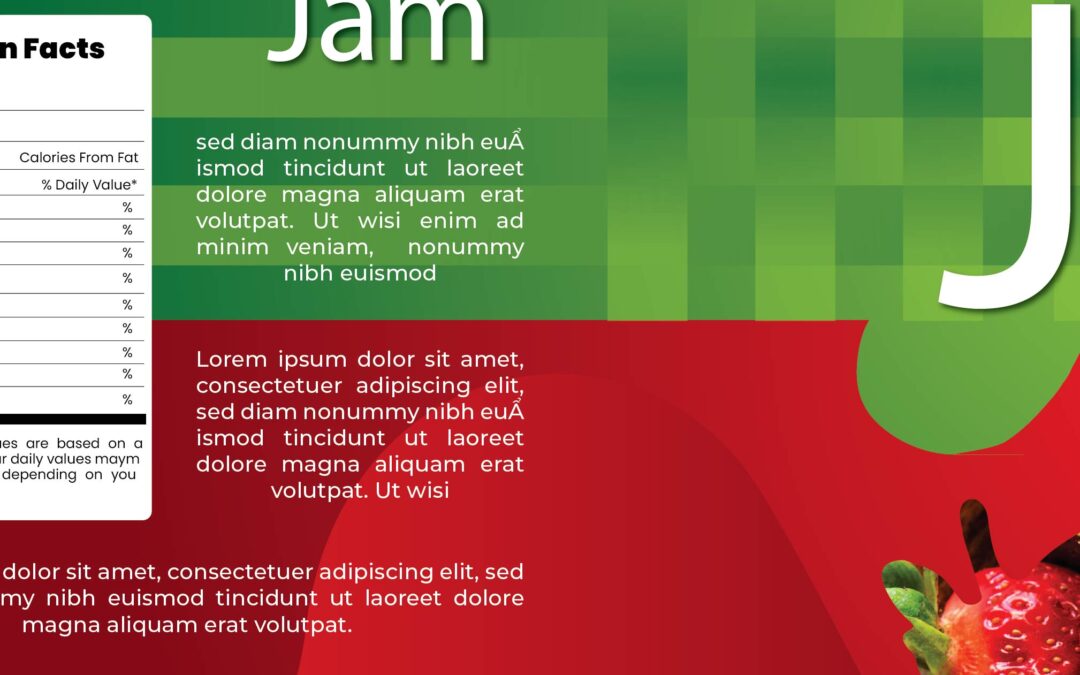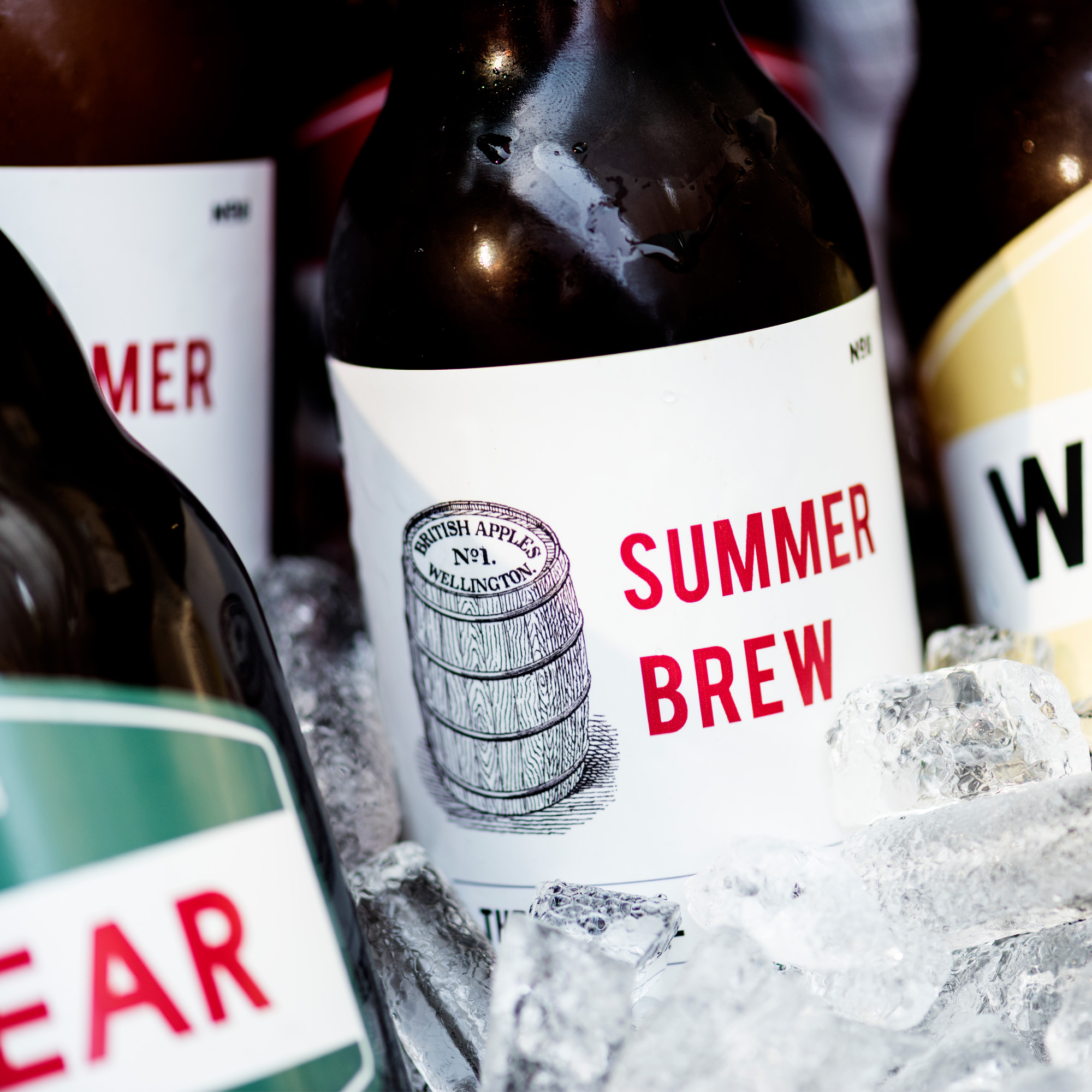Adequately labeling food items and drinks is crucial for several reasons. Firstly, clear labeling ensures transparency and helps consumers make informed choices, especially those with dietary restrictions or allergies.
By providing accurate information about ingredients and potential allergens, labels empower individuals to select products that align with their health needs and preferences, thus reducing the risk of adverse reactions or discomfort.
Secondly, proper labeling enhances food safety by enabling effective traceability and recall procedures. In the event of a foodborne illness outbreak or contamination, clear product labeling facilitates quick identification and removal of affected items from circulation, safeguarding public health and minimizing the spread of illness.
Moreover, labeling plays a significant role in compliance with regulatory requirements and industry standards. Food and beverage manufacturers are typically obligated to adhere to labeling regulations established by government agencies to ensure that products meet specific quality, safety, and nutritional standards. Failure to comply with these regulations can result in legal consequences and damage a company’s reputation.
Additionally, clear and informative labeling can enhance customer trust and loyalty. When consumers can quickly identify and understand the contents of a product, they are more likely to develop confidence in the brand and feel confident in their purchasing decisions. This trust can lead to repeat business and positive word-of-mouth recommendations, ultimately contributing to the success and sustainability of the company.
In summary, adequate labeling of food items and drinks is essential for promoting consumer health and safety, ensuring regulatory compliance, and fostering customer trust and loyalty. By providing accurate and transparent information, food and beverage companies can empower consumers to make informed choices while upholding industry standards and regulatory requirements.


